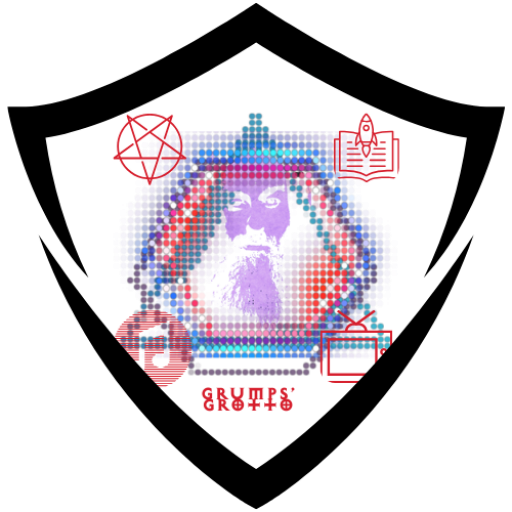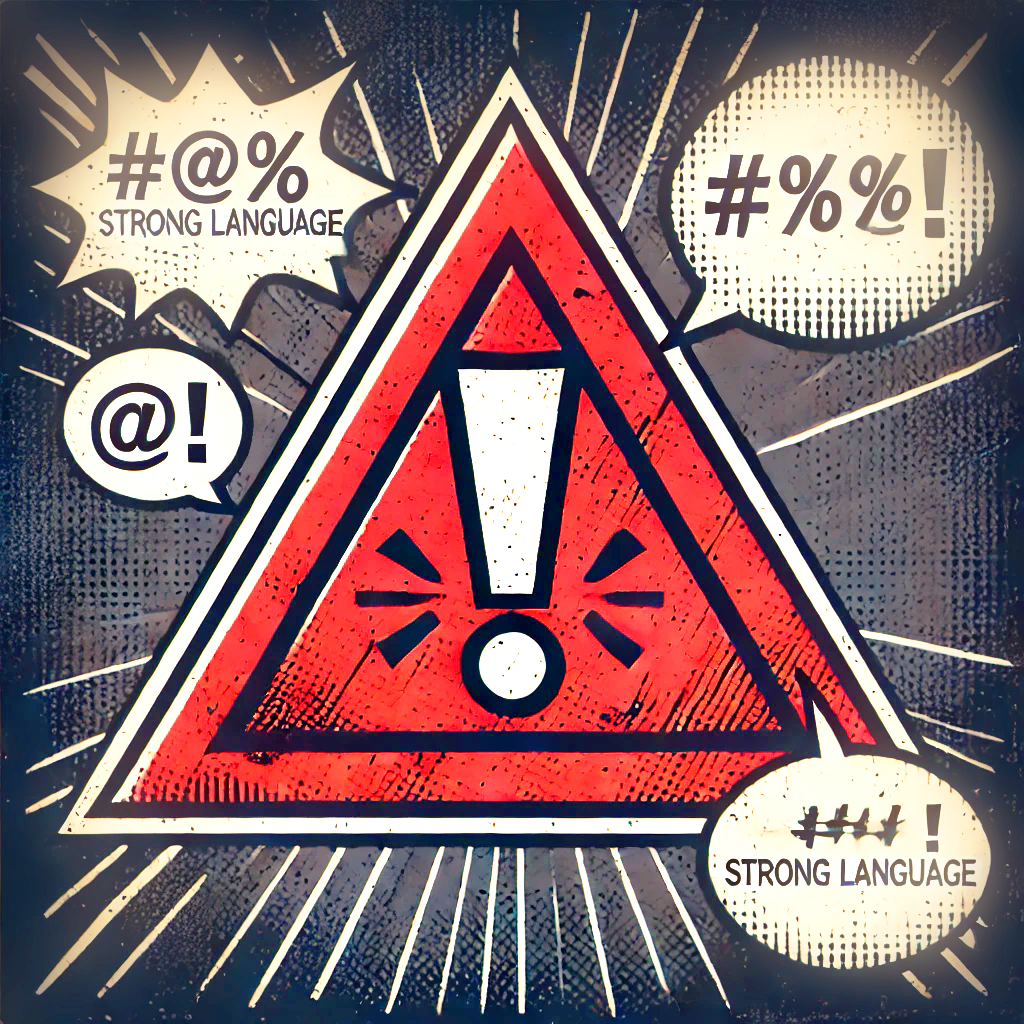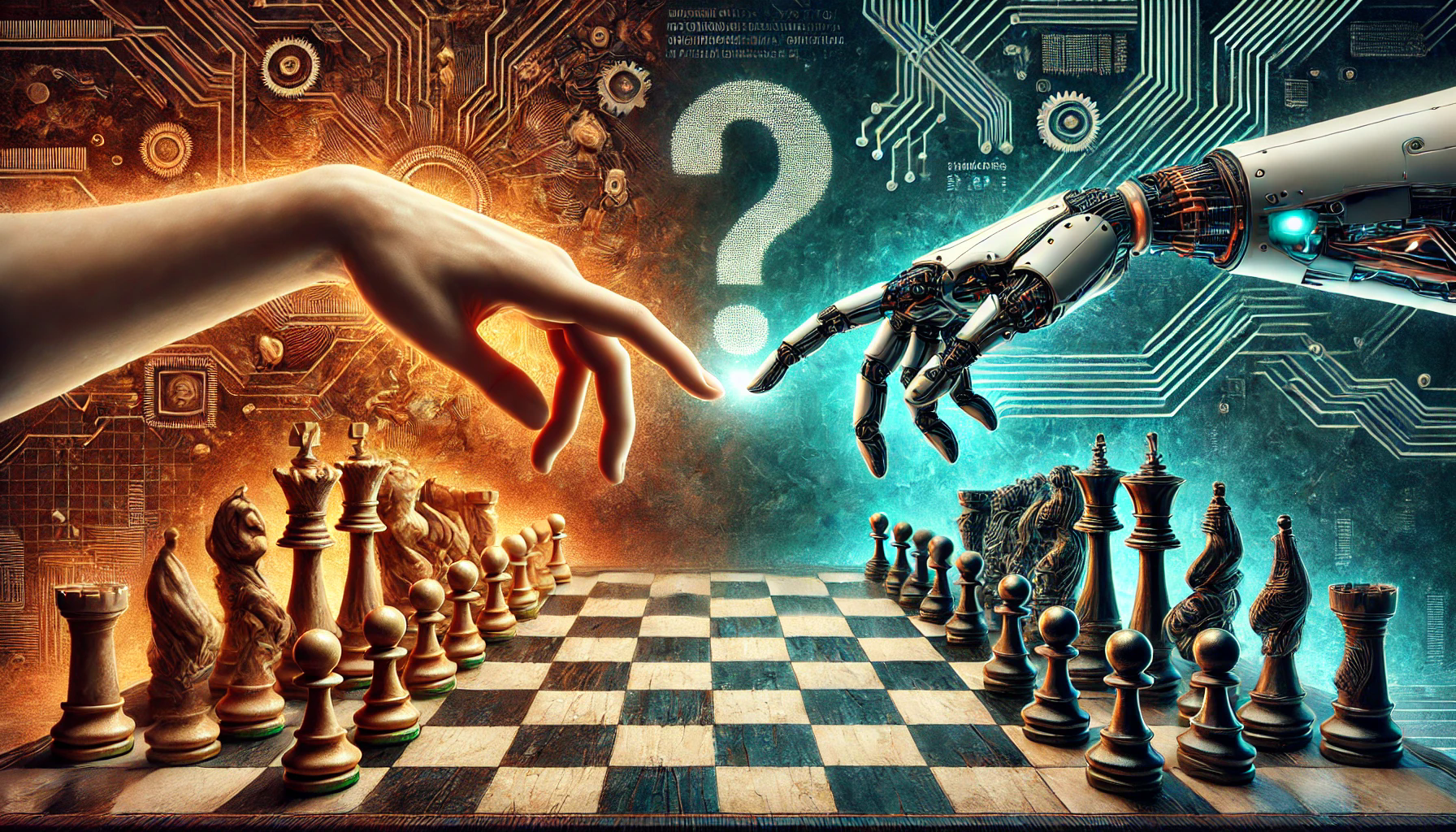Alright, folks, let’s cut the fluff and get right into it. Artificial Intelligence isn’t some distant future dream or a sci-fi horror plot—it’s here, and it’s throwing a wrench into the gears of our creative industries. From making art that’ll make your jaw drop to spewing out pages of text faster than you can say “Terminator,” AI is stepping on toes, and people are starting to notice. But the burning question is: Is this digital brain our creative buddy or a sneaky saboteur?
The Invasion of AI in Creative Territory
AI has barged into the creative scene like an uninvited guest at a dinner party, and it’s not just nibbling at the edges; it’s taking over entire courses. Writers, artists, musicians—you name it—they’re all finding AI tools worming their way into their processes. Need ideas? There’s an AI for that. Struggling with a first draft? AI’s got your back. But before we start singing the praises of our new digital overlords, let’s take a step back. Sure, AI can churn out content like a well-oiled machine, but is that really what we want? A soulless, mechanical output that’s as emotionally deep as a kiddie pool?
And let’s not even get started on how this blurs the lines between what’s human-made and what’s spit out by a bunch of code. Who’s the real artist here? The person who fed the machine some prompts, or the machine that regurgitated something vaguely creative? These are the ethical landmines we’re all tiptoeing around.
Oh, and by the way, since we’re all about keeping it real here at BaedonWebZine, here’s a little transparency for you: We do use AI in our creative process—both in writing and whipping up those snazzy illustrations. But don’t get it twisted; AI’s just a tool in our kit. Every piece is still shaped, curated, and given that human touch by our team. We’re all about blending the best of tech with the irreplaceable spark of human creativity. Now, back to the show…
Copyright, Authorship, and a Whole Lot of Legal Headaches
Now, here’s where things get really sticky. The legal world hasn’t exactly caught up to this AI mess. Current copyright laws are built on the idea that a human—yes, a real flesh-and-blood person—needs to be the author for something to be protected. But what happens when a machine does most of the heavy lifting? The U.S. Copyright Office says AI can’t be an author, so where does that leave us? A whole lot of legal gray areas, that’s where.
Let’s talk about ownership. If you use an AI to create something, how much credit do you actually deserve? Did you just press a button and let the magic happen, or was there actual creative input on your part? And what about the originality of the work? These are the questions that lawyers, lawmakers, and artists are going to have to figure out before this AI train derails everything we know about creativity and ownership.
The Ethical Quicksand: Fairness, Transparency, and Keeping AI on a Leash
Let’s not kid ourselves—AI isn’t just about cranking out art or writing. There’s a whole ethical swamp here, and it’s deep. First off, fairness. AI systems need to be unbiased, right? But let’s face it, if there’s one thing humans are good at, it’s accidentally—or not so accidentally—feeding our biases into the machines we build. So how do we keep AI fair and transparent? And don’t even get me started on privacy—another hot mess that AI just loves to complicate.
Then there’s the big question of oversight. Are we just going to let these algorithms run wild, or do we need a human in the loop to make sure things don’t go off the rails? AI can be a great helper, sure, but it’s not a substitute for the human touch. If we let AI do all the heavy lifting, we’re going to end up with content that’s as bland and soulless as a robot’s handshake.
Walking the Tightrope: AI as a Tool, Not the Boss
Here’s the bottom line: AI can be a fantastic tool, but that’s all it should be—a tool. The real magic of creativity lies in the human experience, in our emotions, our struggles, our triumphs. AI can’t replicate that, no matter how sophisticated it gets. It’s great at crunching numbers and analyzing data, but it’ll never understand what it means to be human.
So, let’s keep AI in its place. Let it handle the mundane, the repetitive, the things that don’t require that spark of humanity. But when it comes to creating something truly original, something that speaks to the human condition, we’ve got to keep our hands on the wheel. Otherwise, we’re just letting the machines win—and where’s the fun in that?
In the end, it’s not about whether AI is a friend or a foe. It’s about how we choose to use it. If we let it, AI can enhance our creativity, but only if we remember who’s really in charge. And trust me, it’s not the machine.

Darth Grumps
Grumps is the name most folks recognize him by on TikTok, Discord, and various other corners of the internet. He’s the one writing and talking about how Satanism weaves into the everyday grind, working to clear up the usual misconceptions people have about the religion. Through his own unique lens, he offers insights and a slice of Satanic wisdom that only he can provide.



Leave a Reply